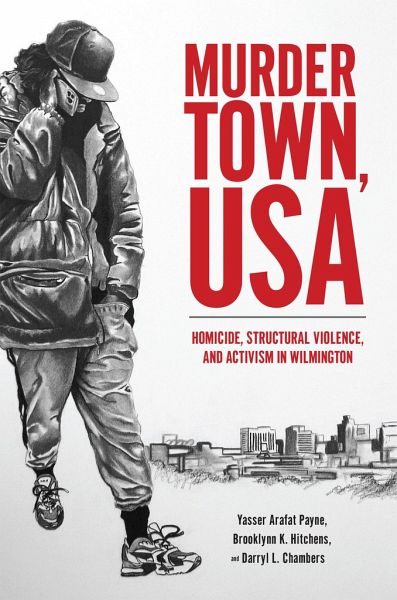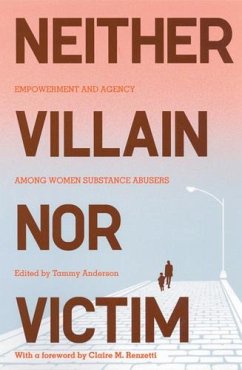
Murder Town, USA
Homicide, Structural Violence, and Activism in Wilmington

PAYBACK Punkte
20 °P sammeln!
Describes how fifteen men and women (ages 21-48), formerly involved with the streets, studied and did activism on gun violence in Wilmington, Delaware. This team examined how race, ethnicity, gender, poverty, white-wealth and small-city size contributed to a street identity and especially the spread of gun violence.













